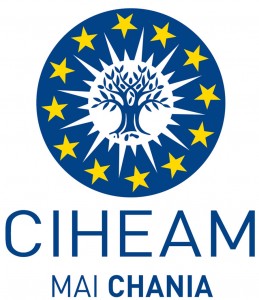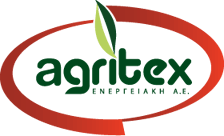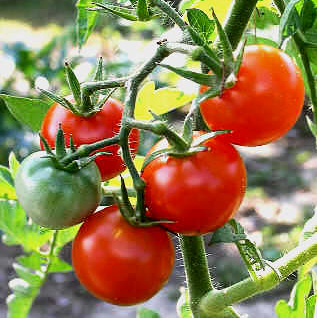



About the project

Lack and depletion of water resources is one of the major problems of the current agriculture, especially to dry and semidry areas like coastal areas of Southern Greece, which often leads many farmers to use high salinity water for irrigation. Furthermore, in hydroponic greenhouse cultures with a closed-type irrigation system, rise in the salt concentration can be a limiting factor for the plant development.
Optimization of a sustainable, environmental-friendly technique which could aid the utilization of high salinity water resources in order to maintain the production levels and quality of the crop will help greatly the utilization of problematic aquifers in various parts of Greece like the Messara plateau and Ierapetra in Crete, areas that feed with vegetables the large cities.
Purpose of the program is to identify biomolecules (genes and / or metabolites) that can play the role of biomarkers for the prediction of impending salinity stress before the onset of physiological symptoms in tomato that can be detected by existing technologies. The program aims to predict upcoming stress before the appearance of physiological markers which gives the opportunity to address this situation by using existing technologies. Therefore, if we are able to predict the upcoming stress, the intervention may be preventive rather than repressive as it was in the use of current technologies. To achieve those objectives, high-performance –omic technologies such as genomics and metabolomics will be used for the rapid detection of biomolecules and their extensive characterization for verification of their role as precursors of salinity stress in order to be used as biomarkers.
Furthermore, we will ensure a patent for the practical use of those biomolecules / biomarkers as indicators of salinity stress and we will investigate their potential use through the development of a simplified technology platform for their measurement in commercial farming conditions and the production of diagnostic kits or devices. As a result, the biomarkers could be used by laboratories for soil and leaf analysis for monitoring commercial greenhouses that use high salinity water for irrigation.
The proposed project could not be achieved without the contribution of interdepartmental and multidisciplinary approaches that are very difficult to be found in the same university or research center. For this reason, a consortium was created by partners who are complementary to their research expertise in order to fulfill the objectives of the proposed project.

